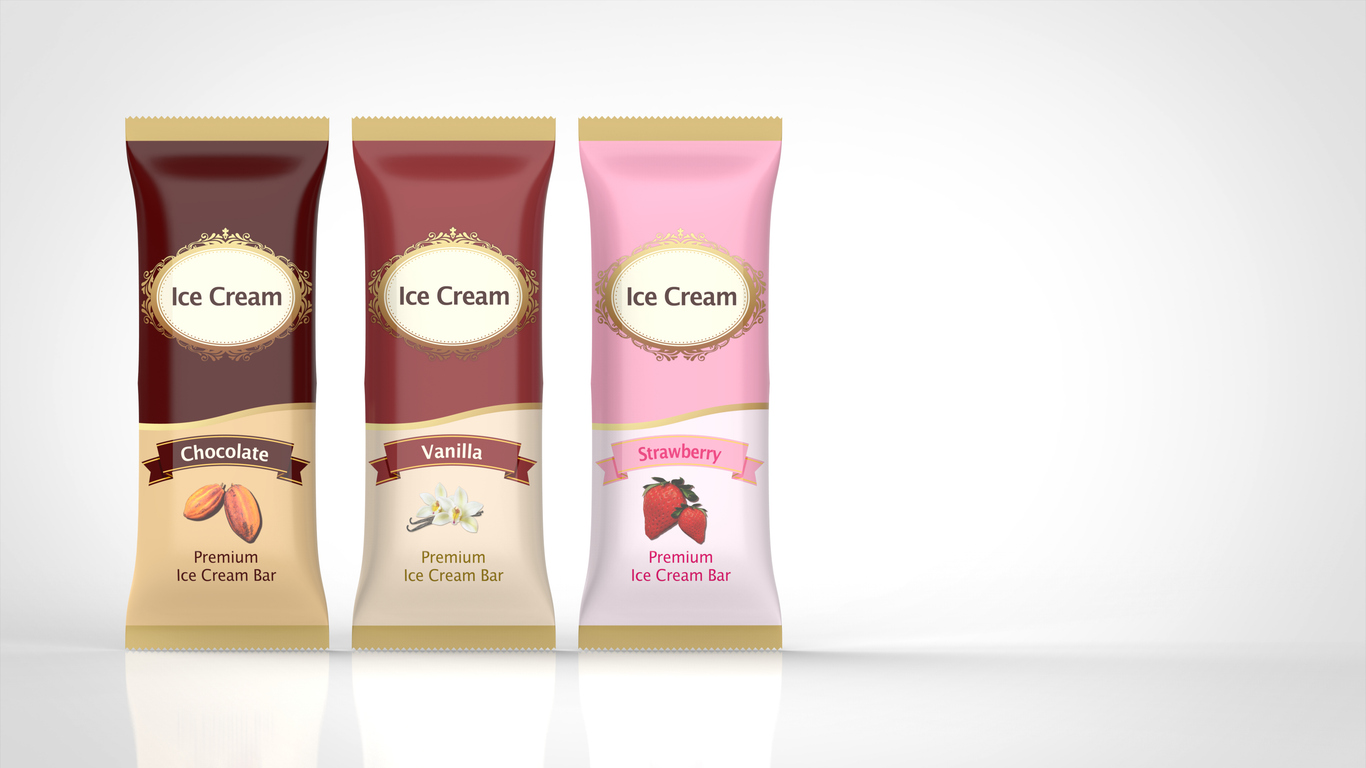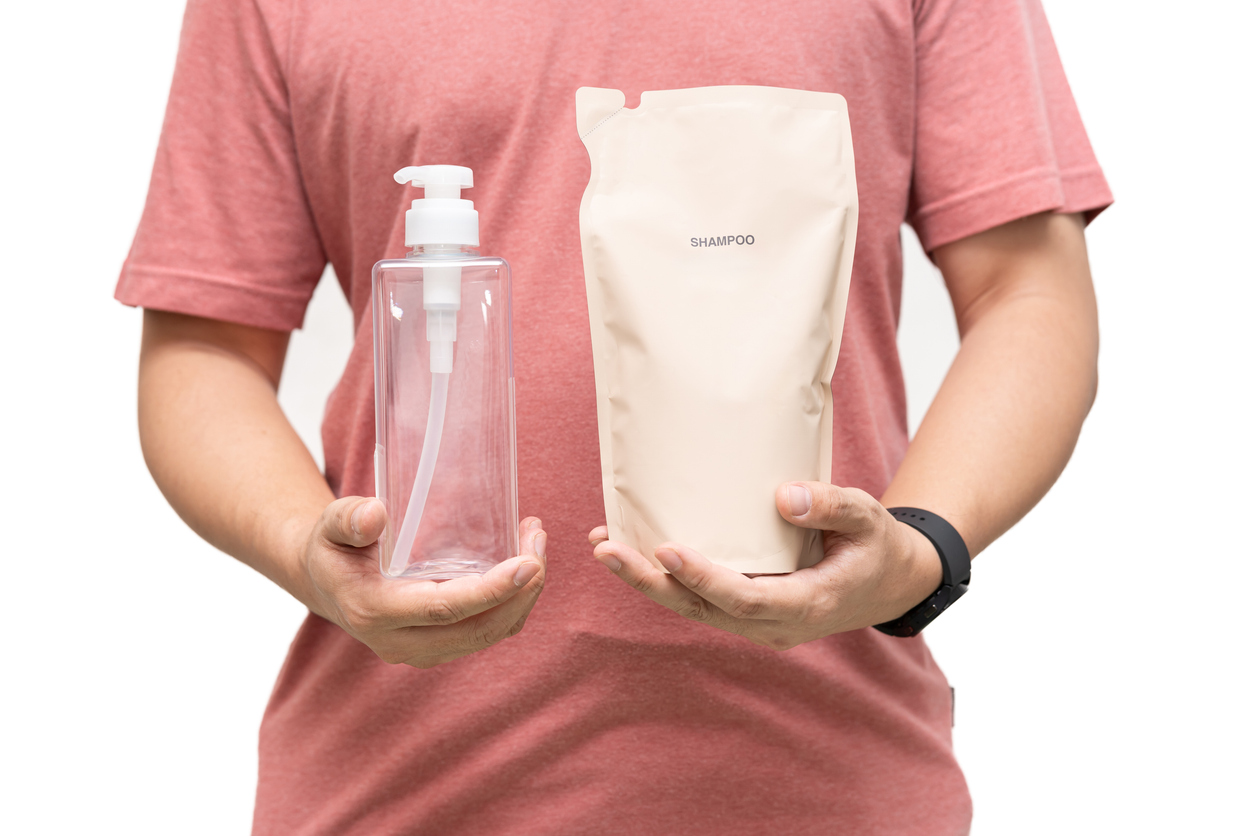Principios del Sello Ultrasónico en Empaques Cómo Funciona: Las ondas…

GREEN RESINS
Demand for sustainable packaging (recyclable, biodegradable, compostable, etc.) has grown considerably in recent years.
This is due in large part to the economic choices of younger consumers (millennials and Gen Z), who take environmental best practices into consideration when purchasing food, beauty products, pet food, products for the home, etc.
Their priorities include responsible agricultural land use, the avoidance of pesticides and additives in agriculture, and fair pay for farmers.
The packaging industry is no exception.
Resins and synthetic materials are being replaced by simpler, lighter materials that remain on the planet for as little time as possible.
It is also worth considering the origins of packaging materials. Natural resins such as those from sugar cane, corn, avocado, and seaweed are at various stages of research and development and have shown varying results in industrial testing. They are now becoming viable substitutes for petroleum resins.
The solution is simple: finding renewable substitutes for non-renewable resources.
There is legislation in several different parts of the world intended to accomplish this.
Soon, we will no longer see or use heavy packaging for mass consumer products. The planet can no longer sustain it.
We at BluePack Solutions have worked with our suppliers to develop green resins from sugar cane.
Immediate benefits include:
- Sugar cane metabolizes CO2 while it grows.
- Its molasses ferments and produces ethanol, which is dehydrated to form ethylene. Ethylene, in turn, is polymerized to form polyethylene, which is by definition recyclable.
- The processes for producing, using, and collecting green polyethylene are the same as those for petroleum-based polyethylene.



